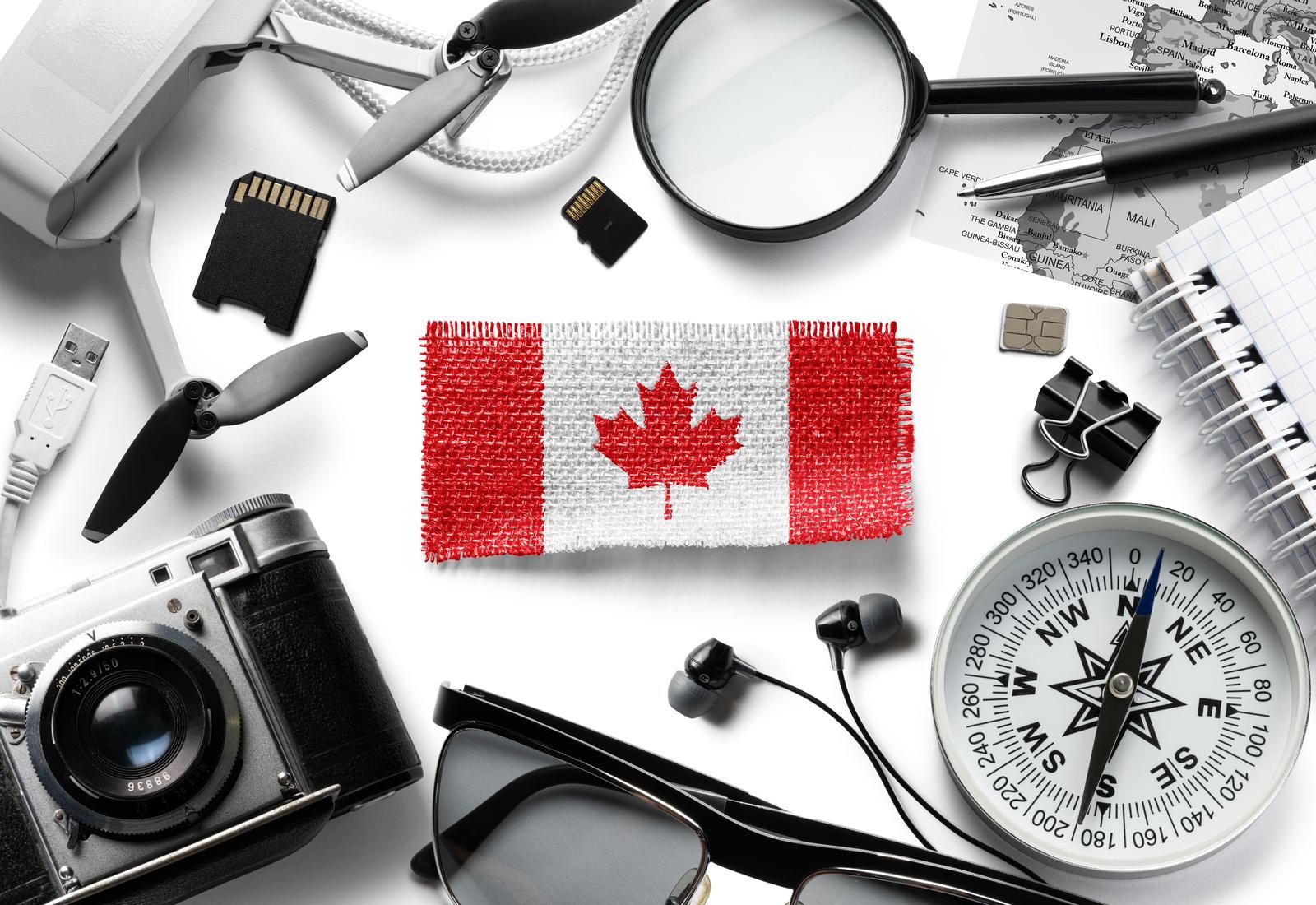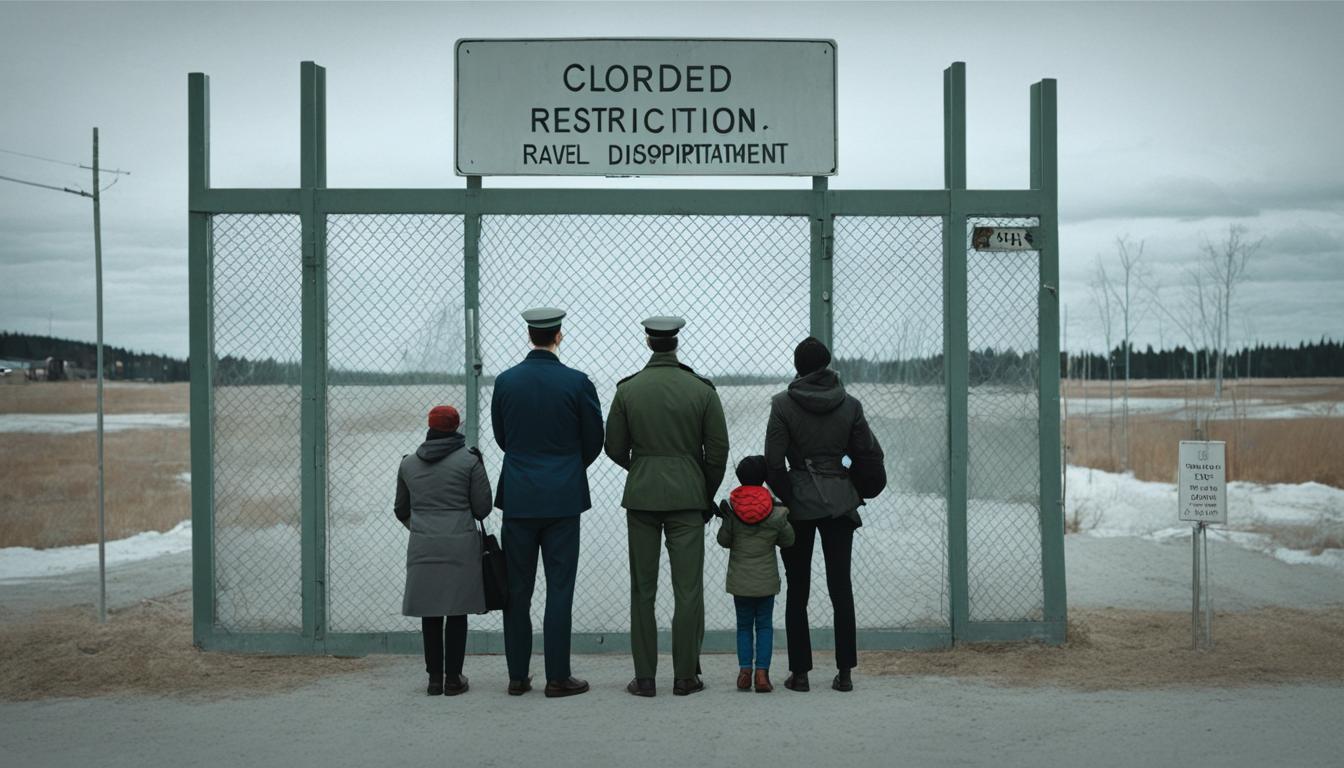Many people with a criminal record wonder if their past will prevent them from visiting Canada. This article provides key information on Canada’s policies, the entry process, and tips for improving your chances of entry.
Background on Entering Canada with a Criminal Record
Canada is strict when it comes to allowing individuals with a criminal history to enter the country. However, having a felony does not necessarily mean you will be turned away at the border. Here are some key facts:
- Canada’s Immigration and Refugee Protection Act gives border officials broad authority to deny entry to travelers with a criminal record.
- Minor offenses like misdemeanors are less concerning. But felonies, particularly violent or drug-related ones, raise red flags.
- Canada considers rehabilitation and how long ago the offense occurred. More recent or severe felonies are more likely to cause denial of entry.
- Border agents have full discretion. The final decision is made by the individual officer each time you enter Canada.
Finding Out if You Are Admissible
To avoid surprises, travelers with a record can apply for a TRP, or Temporary Resident Permit, before visiting Canada:
- A TRP application costs $200 CAD and takes several months to process.
- Approval of a TRP essentially pre-screens you and guarantees entry for a set time period.
- Without a TRP, you may be denied entry at the border after landing in Canada.
Tips for Improving Your Chances
If applying for a TRP is not an option, here are some tips for travelers with a criminal record to prepare for crossing the Canadian border:
Gather Documents Showing Rehabilitation
- Bring any certificates showing completion of parole, probation, rehab programs, or counseling.
- Obtain letters of reference from employers, therapists, or community members attesting to your good character.
- Have evidence of volunteer work, community involvement, further education, and stable employment.
Be Honest
- If asked, do not attempt to hide your criminal record. Dishonesty is one of the main reasons travelers get denied entry.
- Politely cooperate if border officials say they need to search your belongings. Refusing can cause further issues.
Know Your Rights
- As a foreign citizen seeking entry, you have limited rights at the Canadian border. However, you have not yet formally been denied entry until the agent says so.
- If denied, politely ask what options you may have to enter Canada in the future, such as getting a TRP.
- Have a backup plan ready in case you are refused entry, such as a hotel reservation in the US.
With proper preparation and an understanding of Canada’s policies, travelers with a felony can successfully enter Canada in many cases. Being patient, gathering supporting documents, and demonstrating rehabilitation will go a long way during the entry process.











